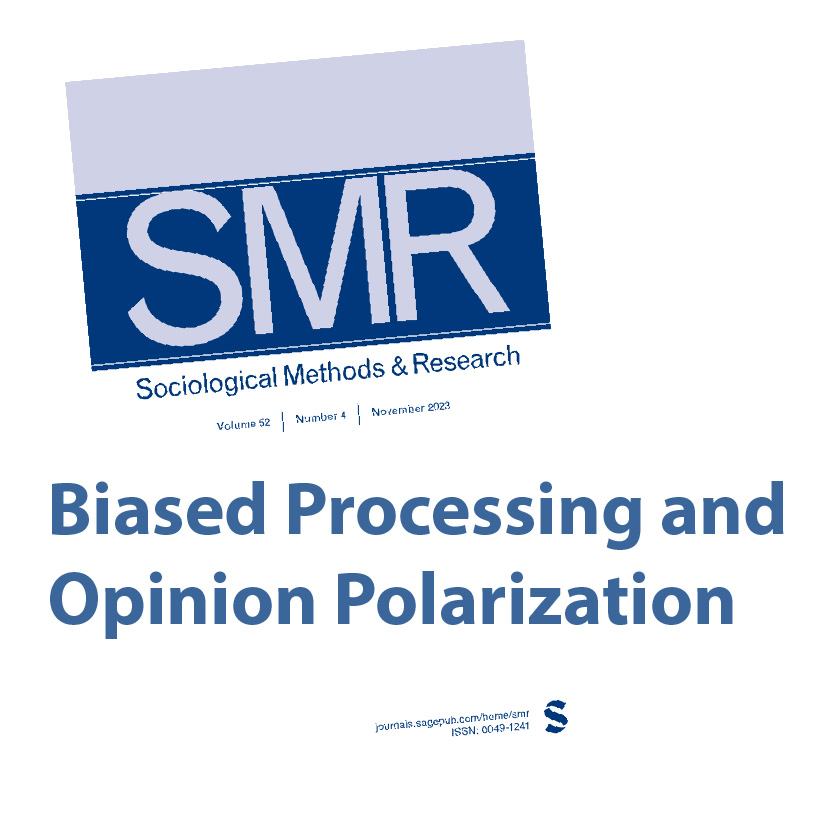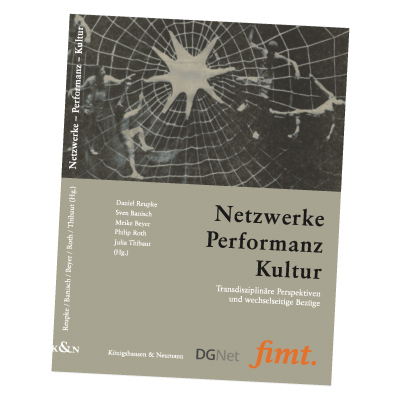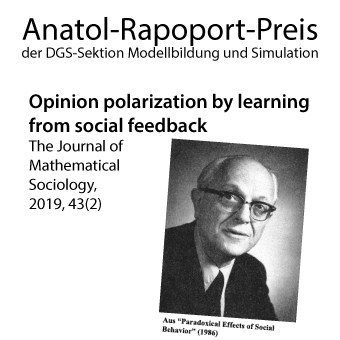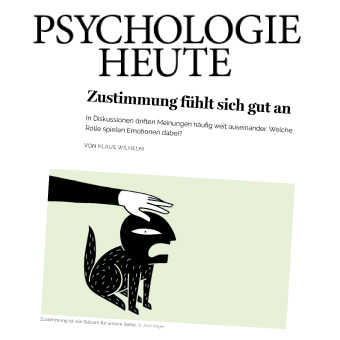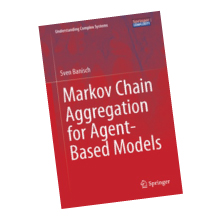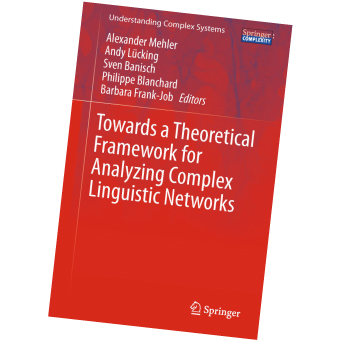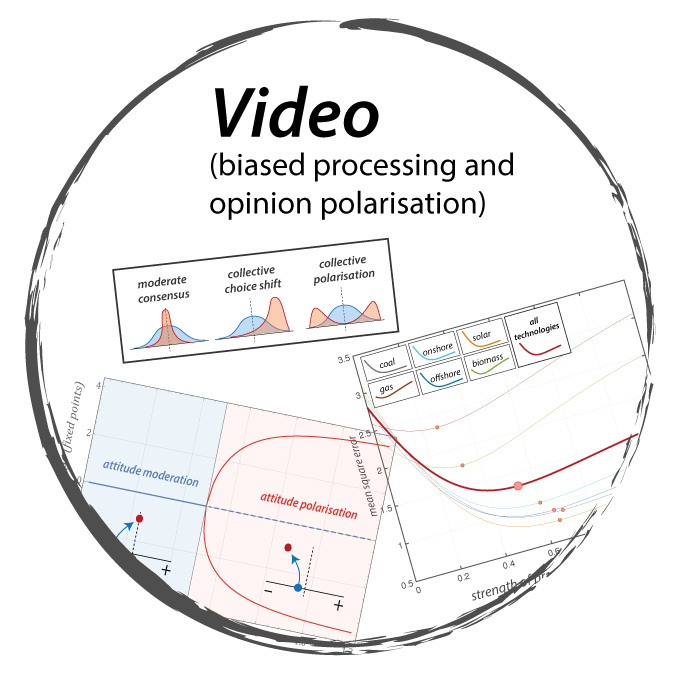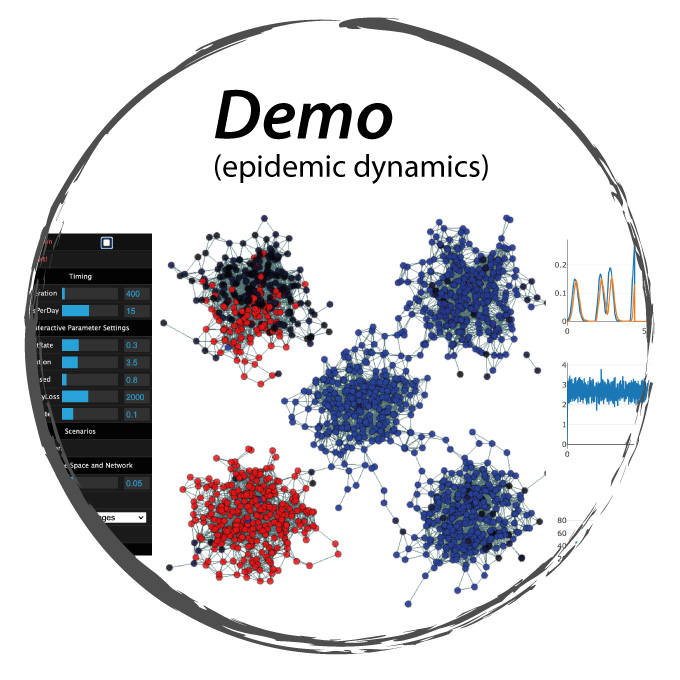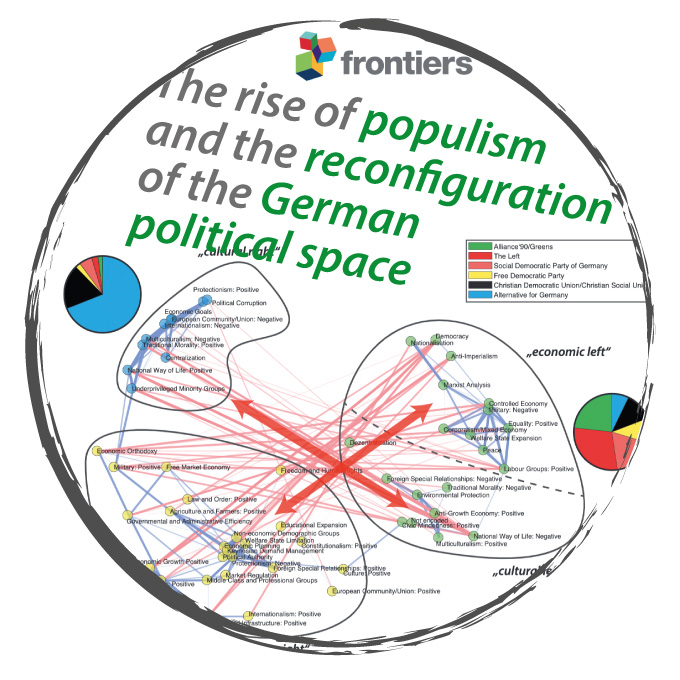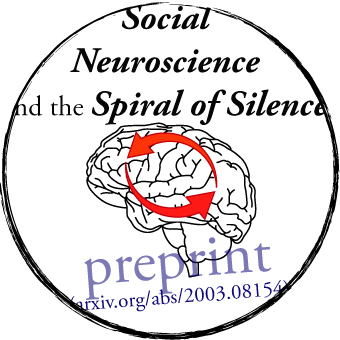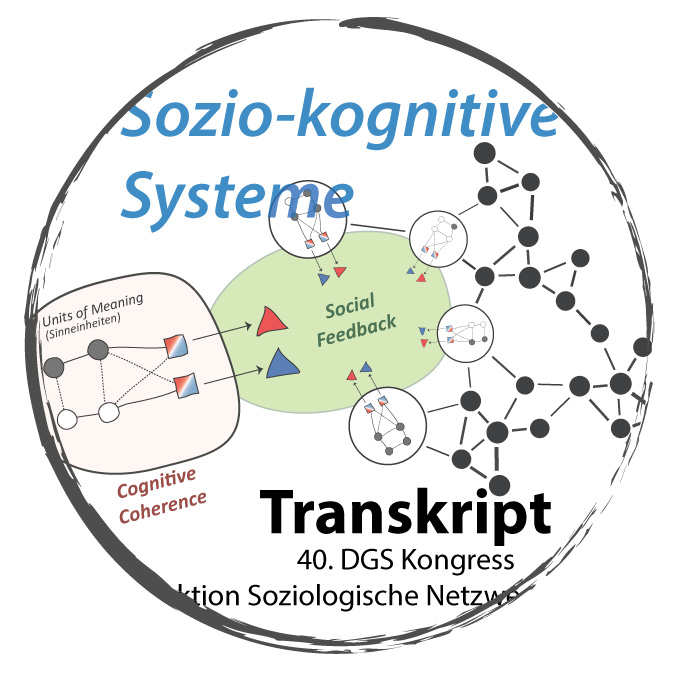I pursue research in Computational Social Science to understand social phenomena that involve processes of opinion formation. I use computational models to explore how social and psychological processes involved in platform-mediated communication play out at the scale of large collectives in modern information society. I also participate in the development of social media observatories and computational tools for the socio-semantic mapping of online debates. I am currently working at the Institute of Technology Futures at KIT.

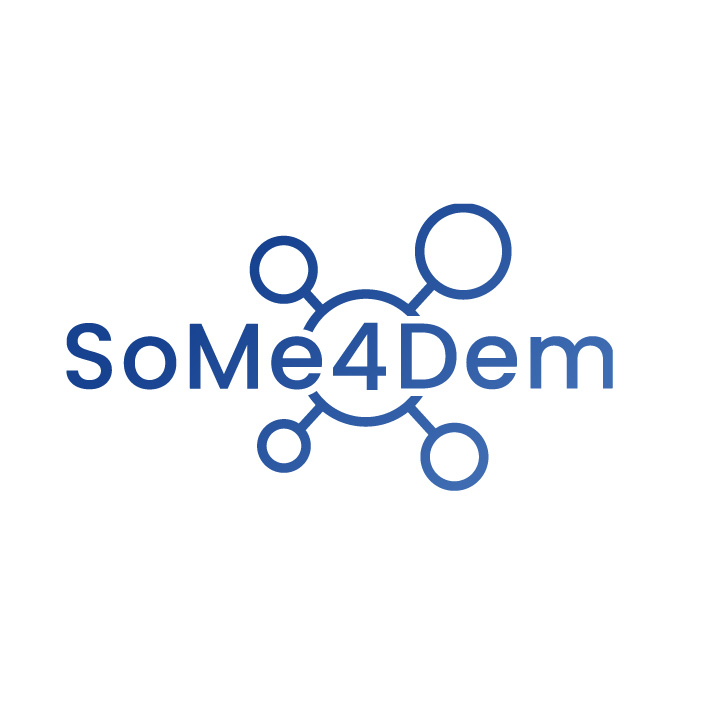
SoMe4Dem | Social Media for Democracy.
At KIT, I am working in the SoMe4Dem-Project funded from the European Union’s Horizon Europe programme (2023 - 2026). Our aim is a better causal understanding of the impact of social media platforms on political discourse in liberal democracies. While social media make the public arena more open and thus more responsive, these platforms also lead to new mechanisms of fragmentation and exclusion, an erosion of norms in public debate and a loss of trust in traditional institutions. The project will reconsider the diagnoses of this crisis by providing better empirical evidence for the impact of social media on society with respect to political debates.
Project Page: www.some4dem.eu

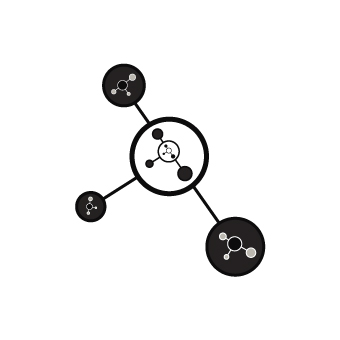
ODYCCEUS | Opinion Dynamics and Cultural Conflict in European Spaces.
Before moving to KIT, I was working in the Odycceus-Project
funded from the European Union’s Horizon 2020 programme (2017 - 2021).
The main objective of Odycceus is to better understand current political contentions.
We develop models and tools to analyse:
(i) What are the main dimensions of a controversy? What are the respective linguistic frames?
(ii) What is the role of different cultures and groups with different interests, diverging mindsets, and attitudes?
(iii) How can such conflicts be moderated and mediated by building bridges between different camps and their linguistic frames?
Project Page: www.odycceus.eu
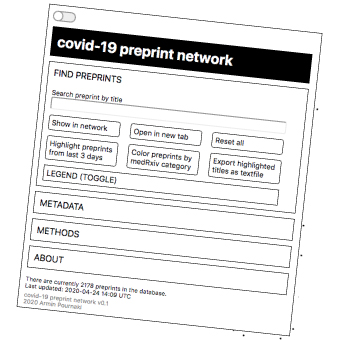
COVID-19 Preprint Network.
In face of the COVID-19 pandemic, there is an urgent need for an interconnected scientific community that openly shares the latest research results at a high pace while providing a feasible framework for frontline physicians to access them on a daily basis. We tackle this challenge by creating the covid-19-preprint-network, an interactive web platform that parses and visualizes the latest Coronavirus-related scientific findings in an easily accessible interface. Users can explore current COVID-19 research as an interactive network of preprint articles where closely related preprints are visually connected based on the semantic similarity of their abstracts. A
preliminary version has been launched.




